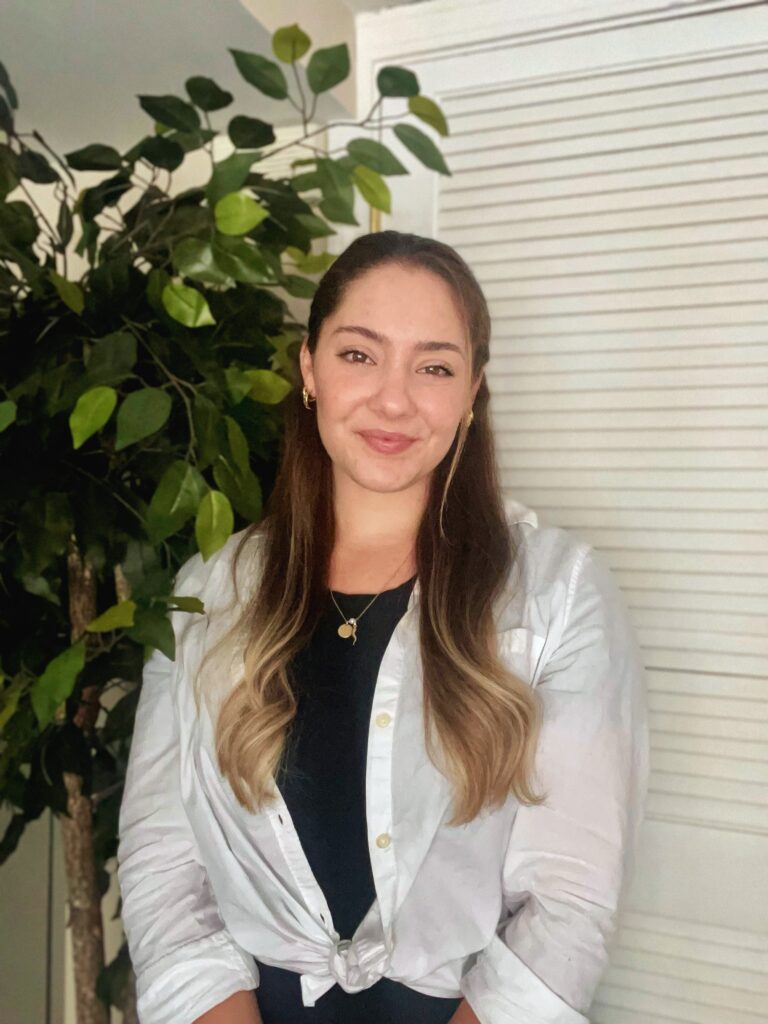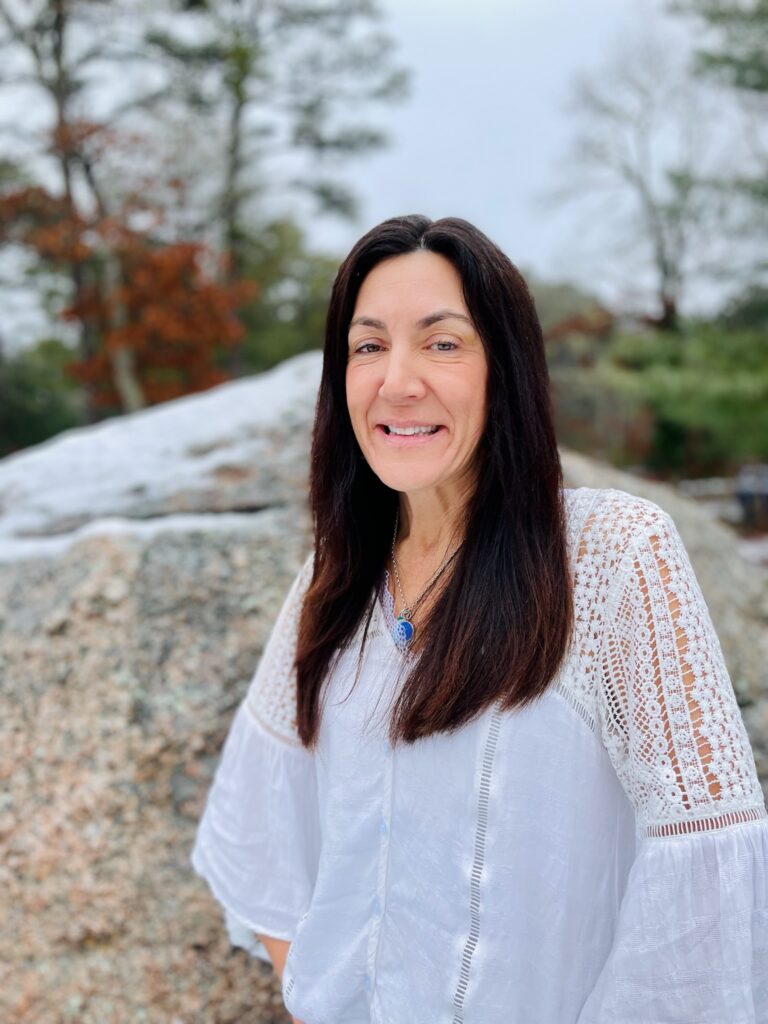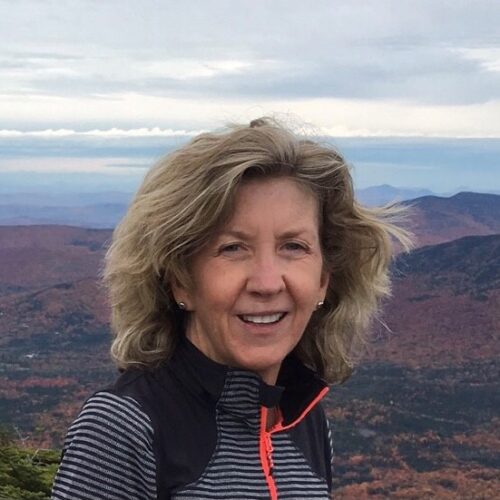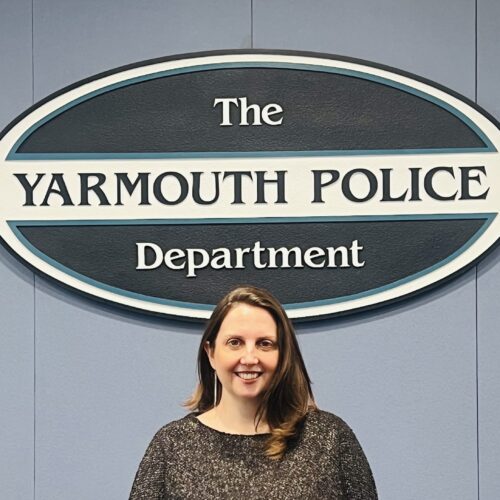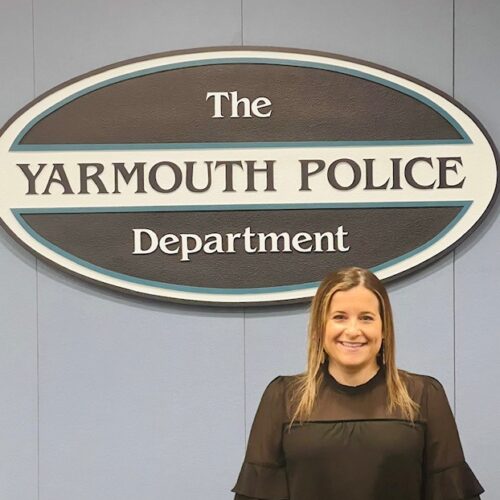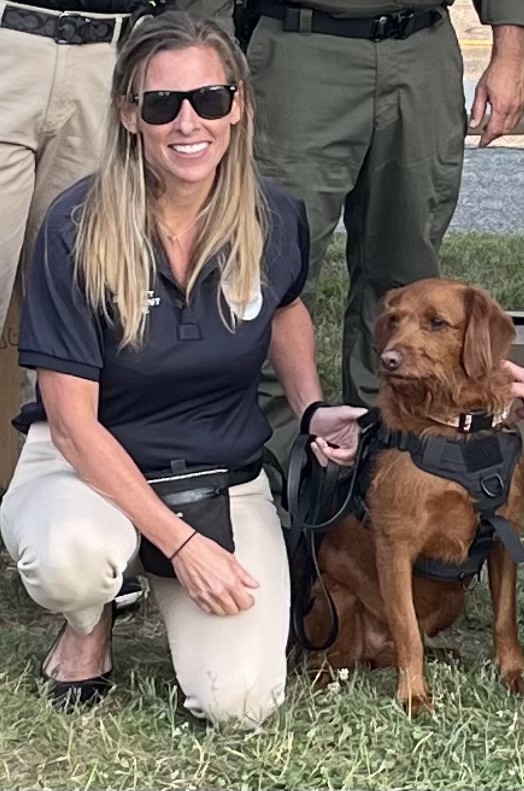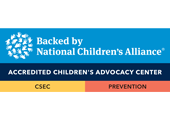Sexual Exploitation of Children in Southeastern Massachusetts: The Regional Report for 2023
February 28, 2024
This report, and the data and information included within was written with input and information provided by team members from Children’s Cove; The Cape & Islands Child Advocacy Center, Bristol County Children’s Advocacy Center, and Plymouth County Children’s Advocacy Center.
Introduction
The Children’s Advocacy Centers for Cape Cod & the Islands, Bristol County, and Plymouth County work collaboratively with every branch of law enforcement and child protective services to provide a coordinated response to the sexual exploitation and trafficking of children in our respective regions. Per state regulation, each Child Advocacy Center (CAC) has a response protocol and acts as the hub for cases which may involve a child at risk for, or who is actively being sexually exploited. Each of our centers works together and communicate regularly because, unfortunately, due to the nature of these cases we see children victimized across our county lines. It is because of our unique roles and working relationships we see the trends which impact vulnerable children in our community.
For the last three years, our centers have met to collaborate on a specific goal in January, which is Human Trafficking Prevention Month. Each year we look back at the previous year to identify the issues, trends, and information we want the community to know about this critical issue, and work together to identify ways we can try to get ahead of the curve.
This year, our centers collectively served 364 children who were identified as alleged victims of sexual exploitation in our region. This included boys, girls, and transgender/non-binary youth aged from 8 years old to 17 years old. We have also reviewed a concerning trend of the regional increase in identified cases and want to increase awareness within the communities we serve.
This report contains information our organizations believe our communities need to know to work together to create a future where children are free from abuse.
Breaking Down the Issue
Unfortunately, discussions surrounding these issues can quickly become complex. The complexity of our work can create a barrier to understanding these issues.
Simply put, human trafficking “involves compelling or coercing a person to provide labor or services, or to engage in commercial sex acts. Coercion can be subtle or overt, physical, or psychological.” Exploitation of a minor (someone under the age of 18) for commercial sex is human trafficking, regardless of whether any form of force, fraud, or coercion was used. Relevant to our work, Massachusetts state law defines this as Commercial Sexual Exploitation of Children (CSEC). CSEC occurs when a person under the age of 18 is offered or given something of value to them in exchange for some type of sexual act. It doesn’t have to be in person, and it doesn’t need to be money for it to be commercial sexual exploitation. Value could be anything to a child, this includes food, clothing, a warm place to sleep, better grades, vapes, alcohol, or other substances, a trip to a salon, or even a ride somewhere.
Another form of sexual exploitation takes place online, which is Child Sexual Abuse Material (CSAM). Formerly referred to as to as child pornography, CSAM is defined as any visual depiction of sexually explicit conduct involving a minor (a person less than 18 years old.) CSAM is much more than photos and videos; it is a form of exploitation and abuse documented and shared across the internet in perpetuity. Every time an image is viewed, shared, paid for, or downloaded, the child is being revictimized and a crime takes place. This is one of the largest issues in our region.
The National Center for Missing and Exploited Children (NCMEC) reported a 97% increase in cases involving online enticement of children in 2020, and a dramatic increase in cases of sextortion. According to NCMEC, Sextortion “is a form of child sexual exploitation where children are threatened or blackmailed, most often with the possibility of sharing with the public a nude or sexual images of them, by a person who demands additional sexual content, sexual activity or money from the child.” These situations often arise through the means of “catfishing”, pretending to be someone similarly aged, making fake profiles, and sending fake or stolen images to gain trust.
The State of Our Region
Our centers received 364 referrals, it included 289 female identified children, 61 male children and 15 transgender/non-binary identified individuals. The range of ages for children impacted were from 8 years old to 17 years old and the distribution of these cases were that approximately 85.4% of these cases were individuals between 13 years old and 17 years old, and 14.6% were children who were 12 years old and younger.
When we review the numbers from last year, we have noticed a couple of trends. First, we are seeing comparatively similar trends in ages, gender-identity, and types of cases across the region. The majority of those who have been victimized identify as female, however we did see a jump in referrals for transgender and non-binary youth who have been victimized. Second, most cases (more than 95%) included an online element, or were completely perpetrated online. This highlights again for us the immense risk children are in in online environments. Third, most of these children have experienced multiple victimizations and not isolated issues. Fourth, this trend is not getting better, it’s getting worse.
Each of our Child Advocacy Centers have been coordinating the response for cases involving children at-risk or who have been sexually exploited since 2016. As a coalition, we have the opportunity to look at issues from a regional perspective. With seven years worth of data the trend is clear –cases are increasing steadily.
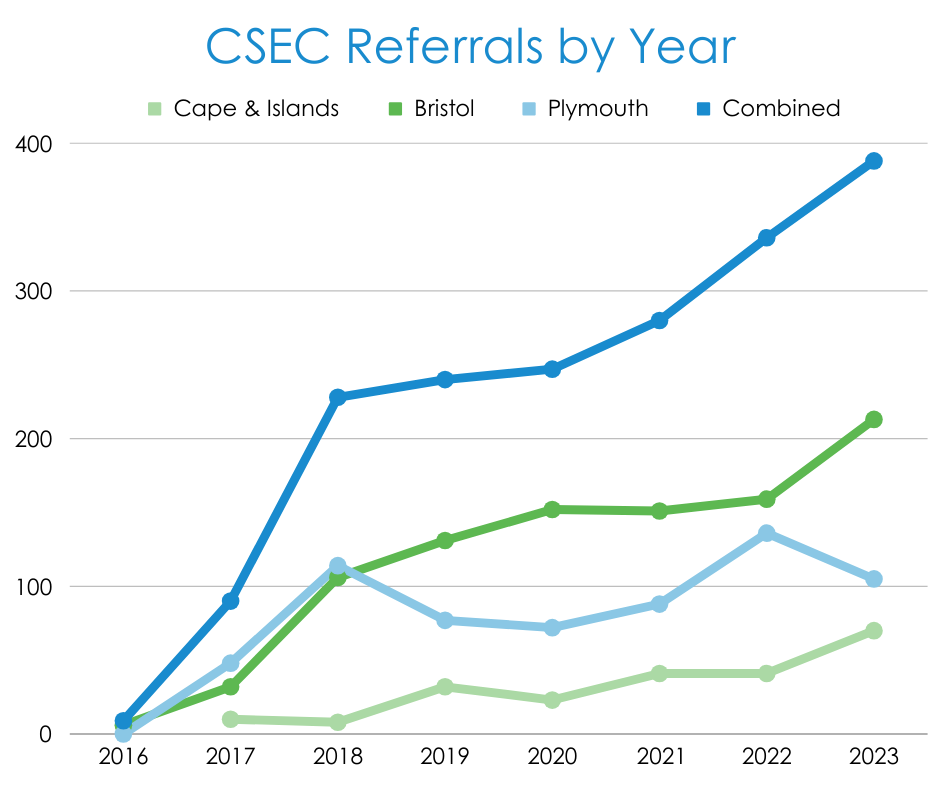
Excluding the rate of increase from 2016 to 2017 (an increase of 900%), there has been an average annual increase in referrals for our region of 35%. Cumulatively this is more than 1,800 children who have been referred in our region for suspicions of sexual exploitation. This wider field of view has made our endeavor for a stronger regional collaborative approach more important than ever.
What We Need You to Know
To begin addressing this issue, catch these cases sooner, and engage directly in support for children, we need everyone to be informed and knowledgeable about a few key issues.
Sexual Exploitation is Right Here
While this should seem to be a straightforward note, we cannot underscore that exploitation of children happens right here in our communities. Social media, movies, news media, and documentaries can make these issues seem as though they are taking place far away. They are not. Oftentimes, they begin to take place in the living rooms and bedrooms of our community’s children. For example, a teen goes out to a local youth hotspot, takes a selfie with friends and posts it on their “Snap Map.” This information and photo are public and accessible. A person who may live locally (or not) sees the image, and messages that teen. Sometimes they pose as another teen, or just as themselves. They may use flattering language, send a gift, or just strike up a conversation that compels the teen to respond. In as quickly as 24-48 hours, this teen may have received nude images, an offer of something of value to send their nude images, or even received an invitation to meet in-person. This isn’t a wild scenario; this is something we have seen in real life many times.
Change the Stigma and Distinctions of Exploitation
Because the ways in which children can be sexually exploited are numerous, there are (unfortunately) varying levels of responses from our community. As an example, the response for a child who has made a direct disclosure of sexual assault and exploitation in-person will likely be different than a child who has been forced to send nude images to an unknown person. It can lead to a different mental perception of what a victim of exploitation “looks” like. Additionally, some cases pose such a challenge for investigation (such as exploitation through a live video/stream,) often law enforcement has their hands tied in how much they can do. However, these distinctions should not influence the way we respond to each of these cases. The common factor for all the cases we respond to is risk, and that a child’s future may be impacted. If we look at another common narrative, we need to think about different forms of exploitation as “gateway” exploitation. Let’s look at an example. While we know it is more culturally normal for youth to send nude images now, we have to ask if it is not addressed what could be next? Could they end up sending the nude images for money? Could they be offered more money for more extreme acts? Meeting in person? While this could be seen as a more fear-based example, again, this is an example we have seen many times over.
This is a Community Issue
This is not an issue for one demographic, town, city, or county: it is a wider community issue where you can make a difference. Everyone can do their part to raise awareness and increase prevention of this issue.
- If you are a parent or caregiver, ask your children’s schools, recreational programs / centers, summer camps, and other youth serving organizations if they know how to identify sexual exploitation of children.
- Reach out to your local Children’s Advocacy Center to ask how you can learn more about the issue, request or organize training for your local community, school, non-profit organization, or business.
- If you are concerned that a child is being exploited, report it right away! You can report suspicious behaviors to your local Children’s Advocacy Center, law enforcement agency or file a report with the Department of Children and Families.
“…the trend is clear: cases are increasing steadily…there has been an average annual increase in referrals for our region of 35%.”
What We’re Doing
Each of our centers are working to address the issues on the rise in our communities. We want to give you a snapshot of each initiative we have taken on, and the issue we plan to address over the next year.
Children’s Cove: The Cape & Islands Child Advocacy Center: The team has a strong focus on direct impact for law-enforcement through education and training, community awareness through presentations, and prevention through developing skills for youth and our community. Our Education and Training program as well as our Child Exploitation Program Coordinator are working to provide training and community education to not only our multidisciplinary team (MDT), but community as well. In the coming year our team is focused on providing community-based presentations in schools and to wider audiences, providing professional training to investigative agencies and the local District Attorney’s Office on best practices in recognizing, investigating, and prosecuting these cases, as well as providing an online education training program to regional law enforcement.
Children’s Advocacy Center of Bristol County: The team is looking to manage risk in a particular population of individuals often overlooked; children who go missing from care. Children who leave their own homes, residential or campus placement are at immediate risk for sexual exploitation and often are solicited for sex within 24-48 hours of their departure. This program seeks to bolster the regional response by coordinating the response to children reporting missing from care to include not only DCF and law enforcement, but the Child Advocacy Center and their team to provide a coordinated response and support system to manage risk for children. This program will also aim to provide training to regional multidisciplinary team partners about effective response to youth missing from care.
Plymouth County Children’s Advocacy Center:Plymouth County continues to provide a survivor informed MDT approach to all their CSEC Referrals, for both at risk and youth experiencing exploitation. The Plymouth County District Attorney’s CSEC MDT Team provides a CSEC response for victims, while working together to hold exploiters accountable. The team continues to develop their CSEC Task Force. Through the community and interagency CSEC Task Force, they receive training on the topics related to interest and trends of Plymouth County. The CSEC Task Force is also working together to collaboratively create awareness materials. The CSEC Coordinators and Human Trafficking Chief train the community on CSEC and Cyber related topics. They will also be hosting multiple conferences this year to provide best practice training from local and national experts to law enforcement, social workers and mental health professionals.
Massachusetts Children’s Alliance: The Massachusetts Children’s Alliance (MACA), as the membership organization of the 12 Children’s Advocacy Centers in Massachusetts, will continue to support the CSEC response through the commonwealth. This will be primarily through our VOCA-funded CSEC Service Enhancement Project, aimed at enhancing services for children impacted by CSEC by ensuring a coordinated response is available to child victims statewide from Pittsfield to Provincetown through a dedicated CSEC Case Manager position in each jurisdiction. MACA will also begin the implementation phase of the MA CSEC Multi-disciplinary Team Core Standards in Response to CSEC and Sex Trafficking, guidelines designed for the Massachusetts coordinators of the CSEC MDT that codifies best practices for the response to sexually exploited children.
On the horizon: We have an increase regionally in cases of labor trafficking of youth. While this has traditionally fallen off the radar of our regional response, we have identified that youth who have been referred to our centers often have experienced multiple victimizations, sometimes spanning a variety of forms of trafficking. While we cannot be sure, we believe this is an increasing trend and are working with multidisciplinary partners to hone our regional response.
What We Need Parents to Know
Parents and Caregivers are Critical for Prevention
Parents need to be informed, engaged, and open with their children to make steps towards preventing sexual exploitation of children. As we mentioned, the majority of cases of sexual exploitation in our region contain an online element. It is the primary method youth are being exploited and because of this it is critical for parents to be as involved in their children’s online lives as their sport and school activities. Parents need to better understand how to use the popular apps and platforms kids and teens are using. Cases of exploitation have taken place on all internet accessible devices, including video game consoles, school-based devices, and even apps associated with school use. If parents and caregivers don’t have regular conversations about online safety, and monitor all internet enabled devices, the opportunity for exploitation to happen in plain sight remains high.
Have Conversations Without Judgment
It is important for kids and teens to know that if they make a mistake, they can have a calm non-judgmental conversation with their parents and ask for help. Children need to know that their parents will always believe in them, advocate for them, and put their health and safety first. Having ongoing and regular conversations about safety with kids and teens will help them feel supported and can provide reassurance and increase their likelihood to ask for help.
As a parent, if they do make a mistake and report that something happened to them, remain calm, and don’t take quick action like deleting images or messages. These may be important to effectively report and get help. Contact your local police department or local Children’s Advocacy Center for guidance. If you see or suspect child sexual abuse material online or on social media, you can report it to NCMEC through their Cyber Tipline.
In some cases, children have been threatened to stay compliant with the demands of an offender. It may be difficult for a child to come to a caregiver for help if they are fearful of the threats being made to them. Staying calm and knowing how to take action is crucial in helping a child who is a victim of online exploitation. The more parents and caregivers engage in their child’s online life, while discussing the risks of online sexual exploitation, the more likely children will confide in their parents when issues arise.
Please, make sure to thank them for coming to you for help if they do.
Additional Resources:
We recommend parents understand the privacy settings of these applications to increase the safety barrier between children and potential exploitation online. Below are a series of links which may help you navigate safely online with your children.
- Take the Pledge to Be Safe and Be Smart Online
- Boston Children’s Hospital Digital Wellness Lab
- End Sexual Exploitation Internet Filtering Services
- Understanding Privacy Settings and Browser Control
- Parent’s guide to Snapchat
- Apple iOS Child Safety Features
- Common Sense Media
- The Institute for Responsible Online and Cellphone Communication
- Being a Trusted Adult
- Sextortion: What Parents Should Know
- Is Your Explicit Content Out There?
- Resources for Child Sexual Abuse Material Survivors
- National Center on Sexual Exploitation Resources (in the resource section click on the tech solutions and there are a bunch of tech safety online guides for parents)
- Culture Reframed
- Massachusetts State Laws regarding CSAM
We are Your Local Resource
We know this information is overwhelming and hard to hear. Sexual exploitation in our community is unfathomable, however, it is here, and the danger is increasing. If you want to learn more about how we are making an impact, or, would like to learn how you can join us in tackling this issue, please don’t hesitate to call us any of our centers.
- Children’s Cove: 508.375.0410
- Bristol County: 508.674.6111
- Plymouth County: 508.580.3383
